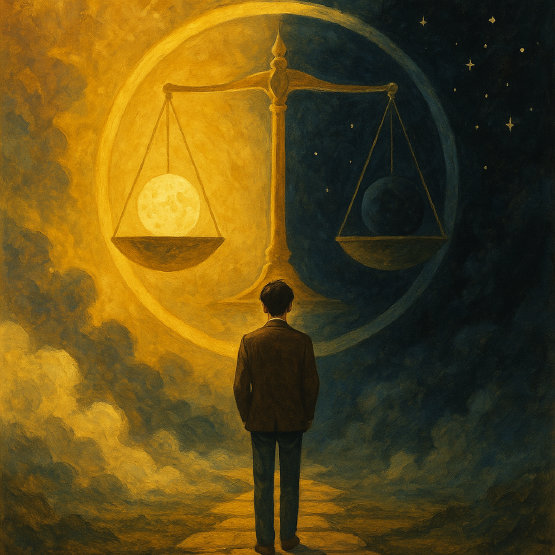On the Borderline of Truth and Falsehood: Our Attitude in the Age of Information
Reality in the Flood of Information
We are living in a flood of information right now. At our fingertips on smartphones and on the feeds of social media, an overwhelming amount of information is pouring in, and this era is truly the 'age of infinite information.' However, within this massive flow, can we truly say that all the information we encounter is accurate? As access to information has increased, so has the shadow of misinformation and fake news. In the past, only certain media and experts could disseminate information, but today, the structure allows anyone to become a 'sender,' making it even more difficult to determine the authenticity of information. This reality has become a significant challenge that tests individual judgment while simultaneously threatening the trust of society as a whole.
The Nature of Fake News and Its Impact
Fake news is not just a simple error. It is a distorted message spread with intent, and can sometimes serve as political propaganda or a tool for the benefit of specific groups. Misinformation undermines the voices of truth and fosters distrust and confusion among people. Therefore, distinguishing between 'true' and 'false' has now transcended mere information consumption it is a mature duty as a citizen and a social responsibility.
Filtering Reliable Information
So how can we sift through this chaos to find reliable information? The most basic yet powerful tool is 'critical thinking.' When encountering information, we must continuously ask questions like, 'Where does this information come from?', 'On what basis is this being stated?', and 'Are there alternative perspectives?' Verifying sources, making cross-verification a habit, and adopting an openness to diverse viewpoints are essential skills for decoding information in this era.
The Importance of the Ability to Read Context
Additionally, the ability to read context is also important. Facts always have meaning within a background and flow. Who said it, when, and in what situation? Why did such an event occur at that moment? These questions play a significant role in approaching the truth beyond mere isolated facts. Even if a photo or video looks like a fact, if we judge without knowing the context it contains, we are likely to be misled.
Responsibility of Information Consumption
Modern media stimulates our emotions and induces clicks. Sensational headlines, provocative images, and sentences that incite anger cloud our judgment. In such times, we need to be vigilant about our own emotions and develop the ability to think calmly. Critical thinking is not just an intellectual ability it is also an inner strength that is not swayed by emotions. Most importantly, it is essential to become a responsible consumer of information. Sharing information without verifying its authenticity undermines social trust and harms the community.
The process of seeking truth
Finding the truth is like putting together a puzzle. With just one or two pieces, you cannot grasp the whole picture. You need to gather the pieces, fit them together, and sometimes think in reverse to reveal the outline of the whole. In that process, we gradually develop a more sophisticated 'eye.' This eye is not just one that obscures information but one that sees the world clearly.
Wisdom and Attitude in Handling Information
In the age of information, what we need is not the information itself, but the wisdom and attitude to handle it. The ability to judge, verify, and take responsibility. That is the most important quality of a citizen today and the power that opens the future. On the boundary between truth and falsehood, your unwavering gaze is the light that this era needs the most.
A healthy information community moving forward together
Changing the world is not about grand declarations, but about the choices I make in this moment regarding what information I select and share. On that path, we can move toward a more transparent and healthy information community together.

Post a Comment